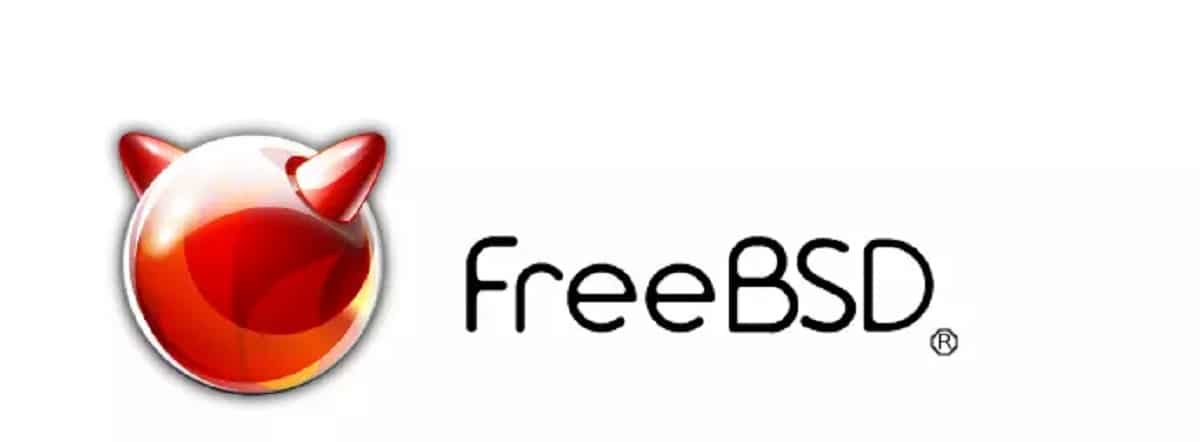
FreeBSD is an open source operating system.
After 11 months of development, announced the release of the new version of FreeBSD 13.2, which comes with great improvements, bug fixes and, above all, quite interesting news.
And it is that in this new version that is presented of FreeBSD 13.2 it is highlighted that implemented the ability to create snapshots of file systems UFS and FFS with logging enabled (soft updates).
Also added support for saving background dumps (by running dumps with the "-L" flag) with the contents of mounted UFS file systems when journaling is enabled. Of the functions that are not available when journaling is used, there is a background integrity check using the fsck utility.
The controller wg working at kernel level with the implementation of the network interface for VPN WireGuard has been adopted as the main part. To use the cryptographic algorithms required by the driver, the FreeBSD kernel cryptographic subsystem API has been extended, adding a hook that allows algorithms from the libsodium library that are not supported by FreeBSD to be used via the standard cryptographic API. .
During the development process, optimizations were also made to evenly balance the allocation of encryption and decryption tasks to CPU cores, which reduced the overhead of WireGuard packet processing.
Another change that stands out in the new version of FreeBSD 13.2 is the Implemented support for the Netlink communication protocol (RFC 3549), which is used in Linux pTo organize the kernel's interaction with processes in user space. The project is limited to supporting the NETLINK_ROUTE family of operations for managing the state of the network subsystem in the kernel, allowing FreeBSD to use the Linux ip utility from the iproute2 package to manage network interfaces, set IP addresses, configure routing, and manipulate nexthop objects that store state data used to forward the packet to the desired destination.
In addition to that, now all executables of the base system on platforms 64 bit have address space layout randomization (ASLR) enabled by default. To selectively disable ASLR, you can use the commands "proccontrol -m aslr -s disabled" or "elfctl -e +noaslr".
Also ZFS file system implementation highlighted has been updated to the release of OpenZFS 2.1.9. The zfskeys startup script provides automatic loading of keys stored in the ZFS file system. Added a new RC script zpoolreguid to assign a GUID to one or more zpools (useful for shared data virtualization environments, for example).
KTLS, an implementation of the TLS protocol that runs at the level of the FreeBSD kernel, adds support for TLS 1.3 hardware acceleration by moving some of the operations associated with processing encrypted incoming packets to the network card side. Previously, this feature was available for TLS 1.1 and TLS 1.2.
In the start script of growfs, expanding the root FS ensures that a swap partition is added if such a partition was initially absent (for example, it is useful when installing a prepared system image to an SD card). A new option, growfs_swap_size, has been added to rc.conf to control the swap size.
Of the other changes that stand out from the new version:
- The Linux ABI is nearly complete with support for the vDSO (Virtual Dynamic Shared Objects) mechanism, which provides a limited set of system calls available in user space without context switching.
- The Linux ABI on ARM64 systems has been equated with the AMD64 architecture implementation.
- Improved hardware support. Added performance monitoring (hwpmc) support for Intel Alder Lake CPUs.
- Updated iwlwifi driver for Intel wireless cards with support for new chips and 802.11ac standard. Added rtw88 driver for Realtek PCI wireless cards.
- Extended the linuxkpi layer for use with FreeBSD Linux drivers.
- The OpenSSL library has been updated to version 1.1.1t, LLVM/Сlang has been updated to version 14.0.5, and the SSH server and client have been updated to OpenSSH 9.2p1 (previous version used OpenSSH 8.8p1).
Finally, if you are interested in being able to know more about it, you can consult the details in the following link
For those interested in obtaining this new version, they should know that the installation images are already available from the following link